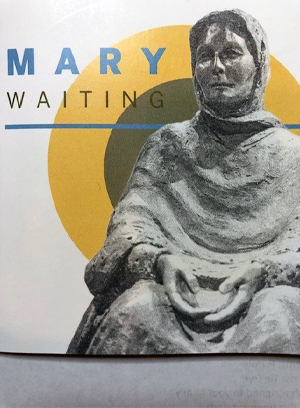
Scripture:
1 Kings 17:7-16
Matthew 5:13-16
Reflection:
She answered, “As the LORD, your God, lives,
I have nothing baked;
there is only a handful of flour in my jar
and a little oil in my jug. -1 Kings 17:12
The other day I went down to the local farmer’s market to pick up my order of 48 pounds of wheat berries. It costs $20 to park, near the market and $16 to have the berries delivered. Being the cheap old chap that I am, I decided to pick up the wheat using my shopping cart and the bus. Pulling my cart behind me through the market, I finally found my farmer’s stand. I introduced myself to the young lady (maybe in her 30’s and told her I was there to pick up my order. She looked quizzically at me and said ok and asked if I would like her brother (much bigger and stronger than either of us) to carry the wheat to my car. I explained that I didn’t have a car and wanted to put the bag in my cart. She got her brother to maneuver the sack into my cart and off I went to catch the bus. Boarding the bus and getting the berries home is a whole another story for another time.
Like Elijah and the widow of Zarephath of Sidon, I find my world challenging today. Having grown up White in the ‘50’s and ‘60’s in the richest country in the world, the US (if you use the Gross Domestic Product – GDP as your criteria) along with living on the shores of 20% of the world’s fresh water (EPA), I don’t identify with the widow’s nor Elijah’s trials. Twenty-first century issues like climate change; affordable and fair housing; immigration; health care; education; racial, gender, sexual, age discrimination, do concern me to some extent or another and like the widow and Elijah, today, I’ll try to do the next right thing.
God, help me heed Jesus’s challenge in today’s scriptural selection: “…your light must shine before others that they may see your good deeds and glorify your heavenly Father.” (Mt 5:16) I often don’t feel up to even turning on my little light. Today God, I will flip the switch, join my community and leave the rest up to You.
Dan O’Donnell is a Passionist Partner and a longtime friend of the Passionists. He lives in Chicago.







